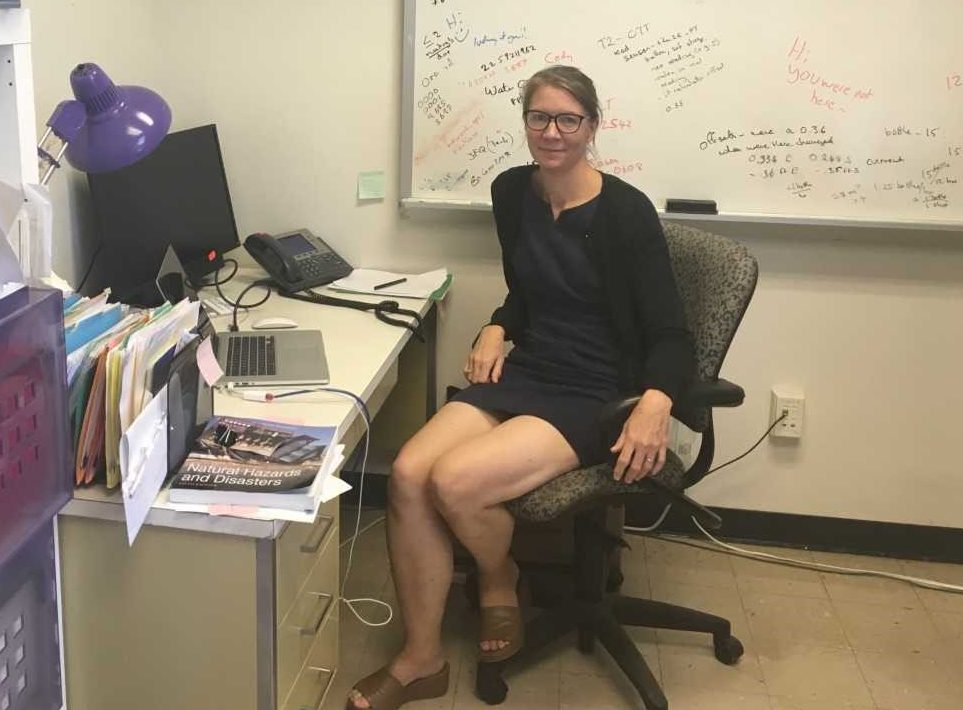Illinois State Associate Professor of Geology Catherine O’Reilly is serving as principal investigator for a $1.7 million National Science Foundation grant to fund Project EDDIE, a series of classroom modules for undergraduate biology, geology, and environmental science students. This grant began October 1 and is estimated to end on September 30, 2023.
O’Reilly will be part of a team that includes Illinois State faculty Rebekka Darner, Steve Juliano, Bill Perry, and Willy Hunter as well faculty at Carleton College, University of Arizona, and Queens College-City University of New York to develop the modules.
Project EDDIE (Environmental Data-Driven Inquiry and Exploration) is designed to help students and faculty work with large data sets. In addition, the project aims to improve students’ skills in quantitative reasoning, understanding of the nature of environmental science, and scientific discourse.
“In this day and age there are tons of data online,” said O’Reilly. “These large sensor-based data sets are a whole new way of doing scientific research.”
This grant builds upon a previous grant awarded last year in which 10 modules were created and funded. With this new grant, 30 more will be developed.
One of the ways EDDIE aids students in working with data sets is by teaching how to use programs such as Excel and R (a programming language commonly used for statistics) more efficiently. According to Project EDDIE’s website, students and instructors struggling with Excel experienced an increase in “comfort and ability” after one module.
These classroom activities encourage a shift from direct instruction to inquiry-based instruction. According to O’Reilly, this will help students to tap into their own natural curiosity about the world and enable them to ask and answer their own questions.
“If I wanted to teach a class on flooding, I could use an example from Chicago,” said O’Reilly. “But tell the students to use a United States database to look at a river anywhere in the country and see what’s happening there.”
O’Reilly claims that understanding how to use and interpret large data sets becomes important outside STEM in the context of climate change.
“There’s a lot of natural variation,” said O’Reilly. “When you have large data sets, you can see that sometimes it’s cold, and sometimes it’s warm, but overall there is a long-term trend towards warming.”
In order to obtain an education grant, a project needs to demonstrate that it helps students in the way it claims to. An assessment team from Carleton College fulfilled this need for Project EDDIE.

